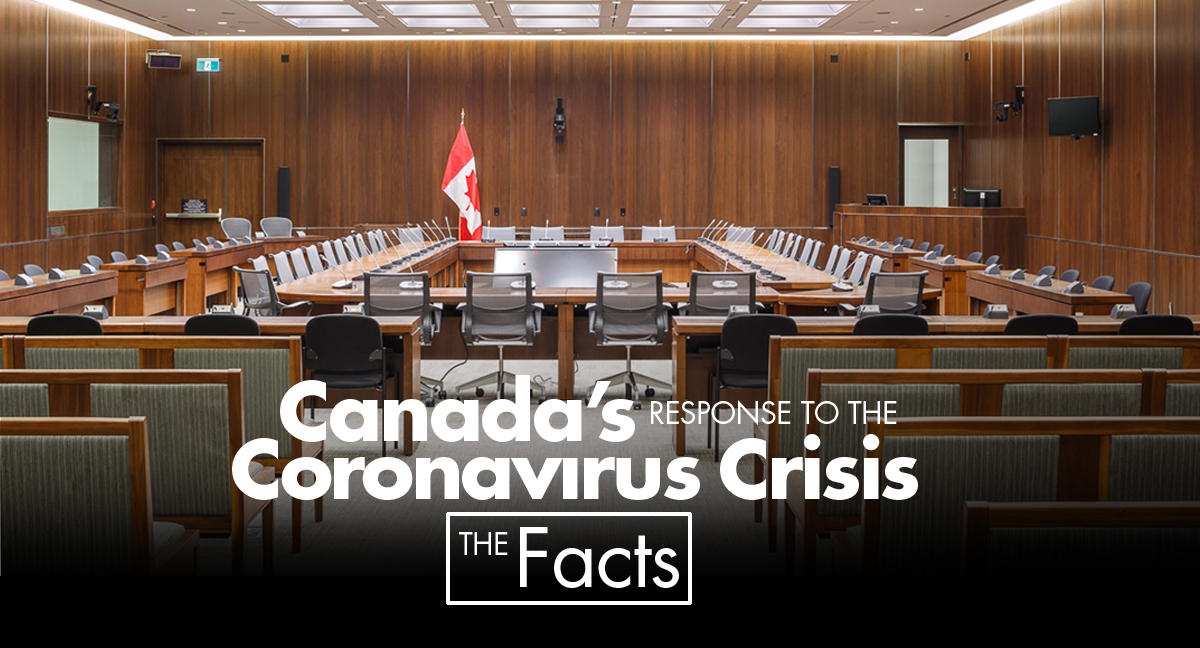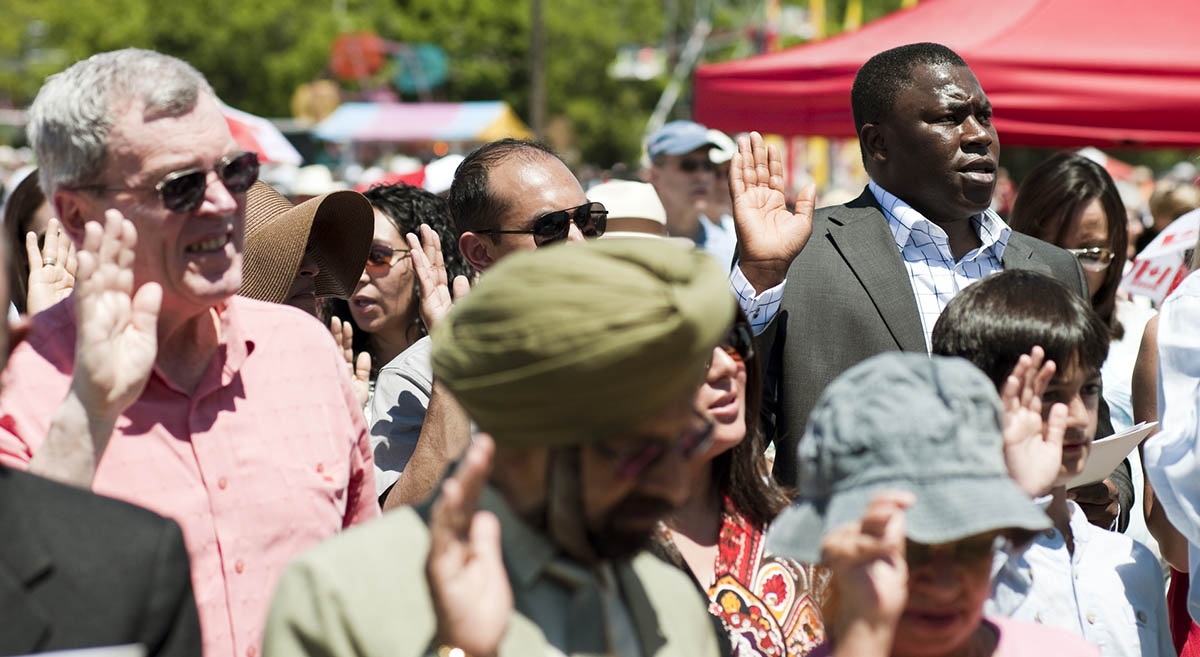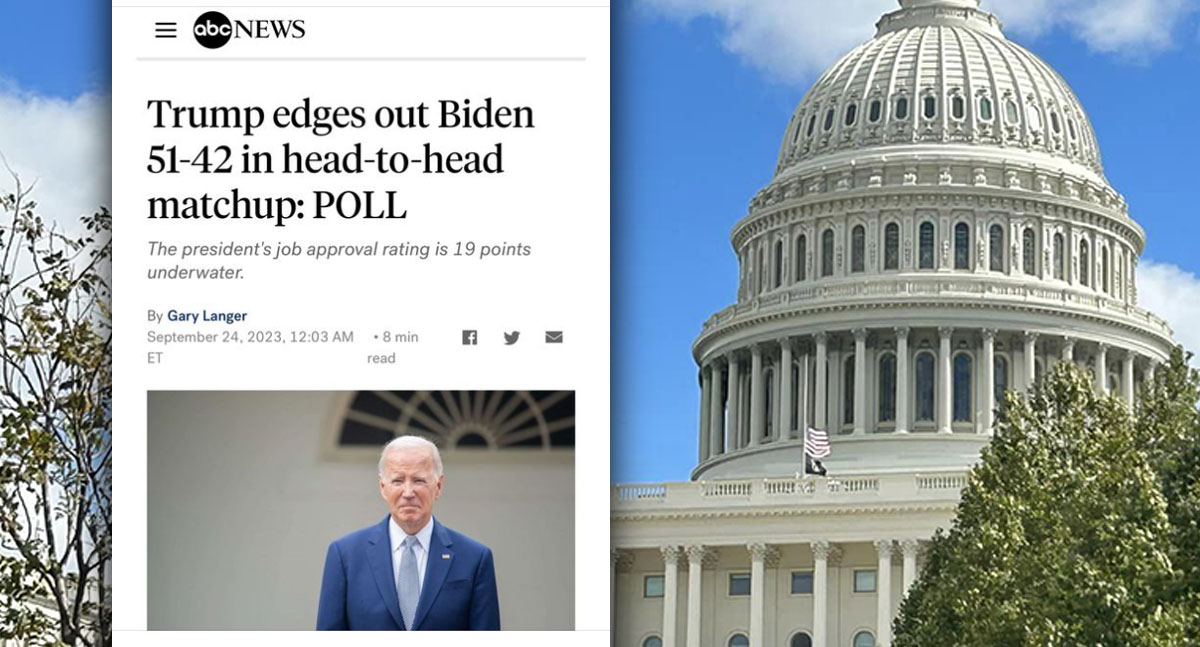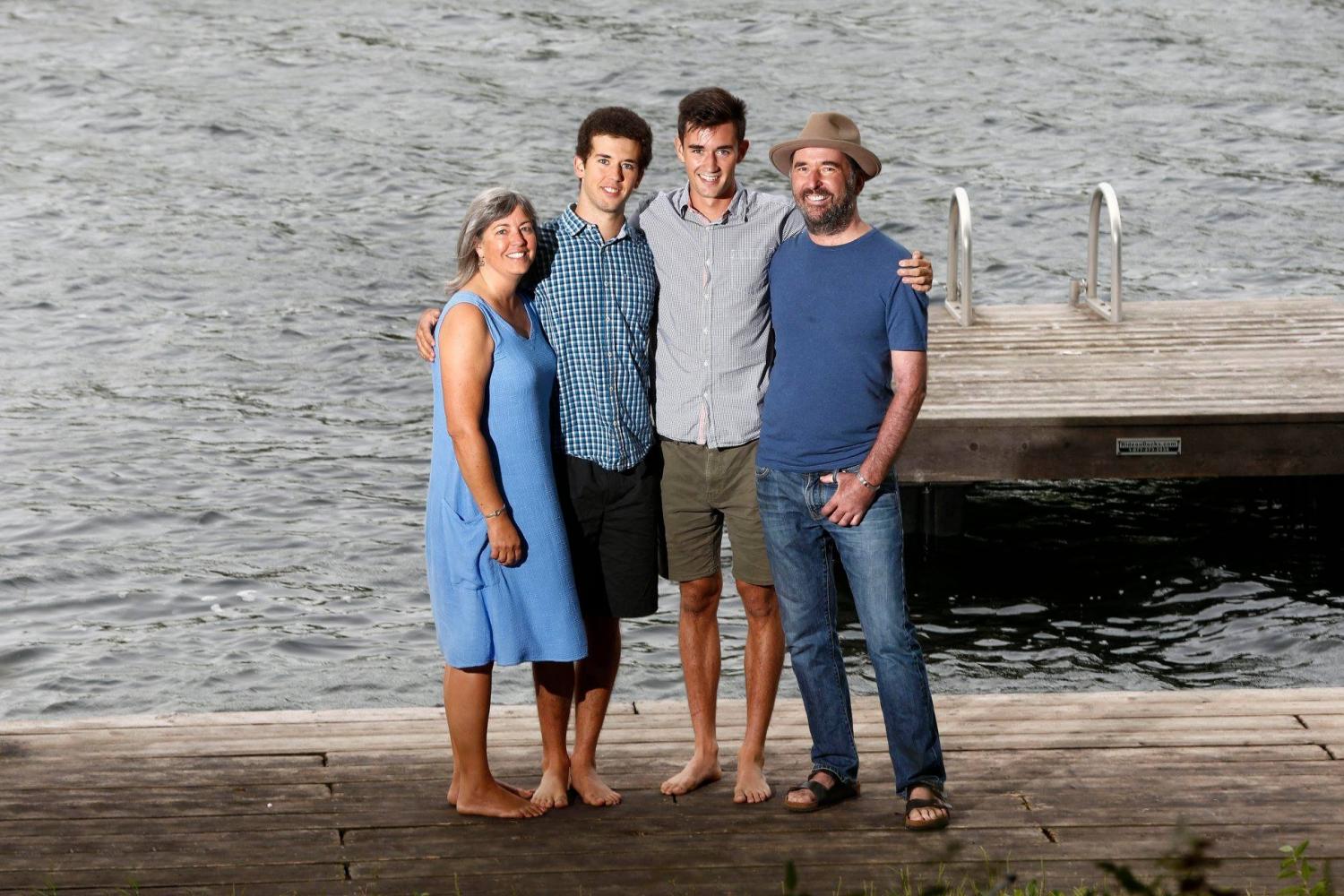
Trudeau and pandemic rage
To have an event cancelled for safety reasons, based on crowds that looked troubling in advance of the cancellation, is not a good look for the protesters in question.
Unfortunately, that's just what happened at Justin Trudeau's Bolton election event this week, where around 200 protesters were counted in attendance. Trudeau said that the event was cancelled under RCMP advice, in part because the audience's safety could not be guaranteed.
Perhaps nothing beyond the witnessed vulgar shouting would have happened if the event had gone ahead, and perhaps the organizers could have managed things safely in the end. But the fact that that's in serious doubt, and now voters are thinking about it, makes this a win for Trudeau. It's in the interest of his opponents to organize in a non-threatening manner. Thankfully, as the many volunteers across the country are demonstrating, most of his opponents seem to be doing just that.
That said, this interaction was unfortunately not unique. Trudeau confronted voters critical of his Covid policies in another run-in just over a week before. And in response to this recent protest, fellow MP Michelle Rempel wrote about how voters have aggressively confronted her in a variety of settings, making it hard for her to do ordinary political operations like advertise the location of her campaign office.
It's not hard to understand why some Canadians are angry. Even if we agreed that the lockdown and related regulations have been uniformly good policy, it's still been about a year and a half since pandemic restrictions began in force last March. Canadians haven't been living the free lives they're used to for all that time. Trudeau is the most powerful person in our political system, and the person most responsible for the restrictions it imposes. Clearly, we’re reaching the point of restrictions where some people will be angry whether our leaders were “doing the right thing” or not.
Trudeau spoke about this himself after the event was cancelled: "In the past 18 months, we have seen an increase in anxiety, anger and frustration – a sense of powerlessness in a bunch of people that the world is unfolding in ways that they can’t control . . . We all need to reflect on whether we want to go down that path of anger, division and intolerance."
As people like to say, a small group of committed people can make a big difference—for good or for ill. Thankfully, most Canadians don't want to go down that path. Voter hostility that seems too threatening reminds everyone that the politician in question has opponents that aren't interested in settling the matter peacefully, unlike all the voters gathering this September to peacefully choose a leader. Clearly some people find satisfaction in making political opponents personally feel their anger as directly as possible; given the problems this presents for our leaders, and the people they represent, it is in our general interest to make sure that protestors do not get such satisfaction.
And of course, Trudeau's approach to the pandemic has not been uniformly excellent, let alone uncontroversial. The Liberals seemed to think that Canada's high vaccination rate would help them win this election, but we would have got large numbers of vaccines earlier if his government hadn't made a bad deal with China first that the Chinese government reneged on. Our borders could have been locked down sooner, and our national debt is breaking records, resulting in scandal. On the partisan front, Trudeau accused the Conservatives of being overly mild on mandated vaccine policy for Federal employees, which was widely seen as going poorly for him. I could go on, and others certainly will.
If Trudeau loses the election and steps down in the aftermath, then perhaps the pent-up frustration will become known as a key factor. These sacrifices we're all making, the laws we're forcing on each other, the unknown consequences for our collective mental health and well-being…these things are always going to burst on someone, for reasons fair and unfair.
Rempel's statement this week suggested legislation that enhances the ability to prosecute for criminal harassment may be in order. When the House returns to session, I wouldn't be surprised if ideas like hers get formally raised. Politicians should be able to respond to malicious critics that cross the line, including responding to new ways of organizing in the digital age.
These frustrations are some of the lingering problems with this lengthy pandemic response, and since pandemic restrictions and policy are far from over, I wouldn’t be surprised if the person who wins this election takes more heat, as well. With life slowly returning to normal over the coming months, and the reckoning with the fallout from these life-changing experiences (and wallet-busting deficits) begins, it will be worth remembering that these profound government interventions result in new challenges for our leaders.
Expect Canadian politics to become unstable in some new ways going forward.
Photo: Cole Burston







